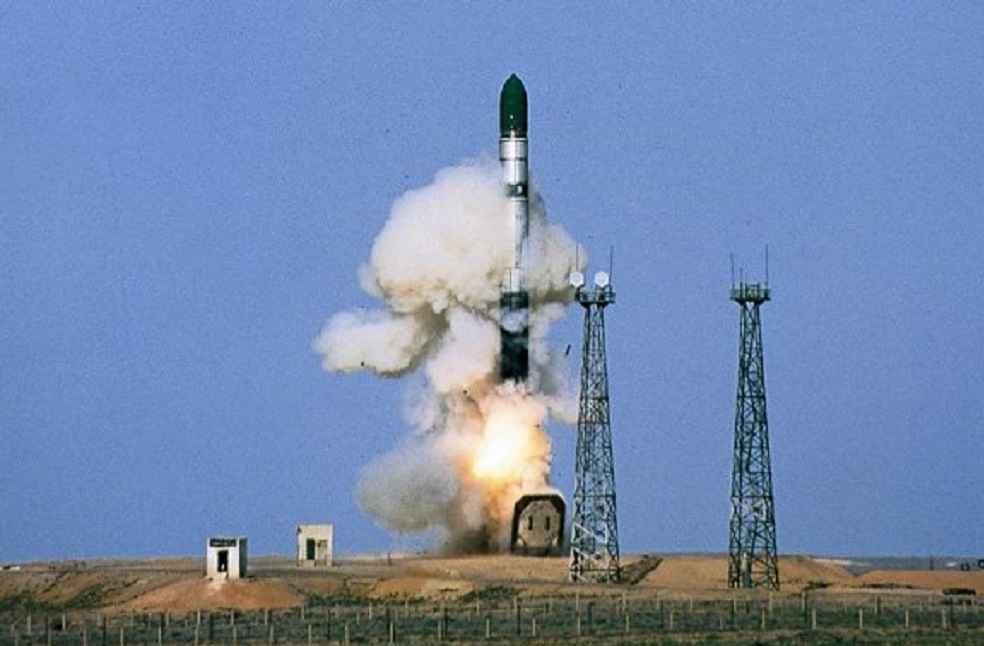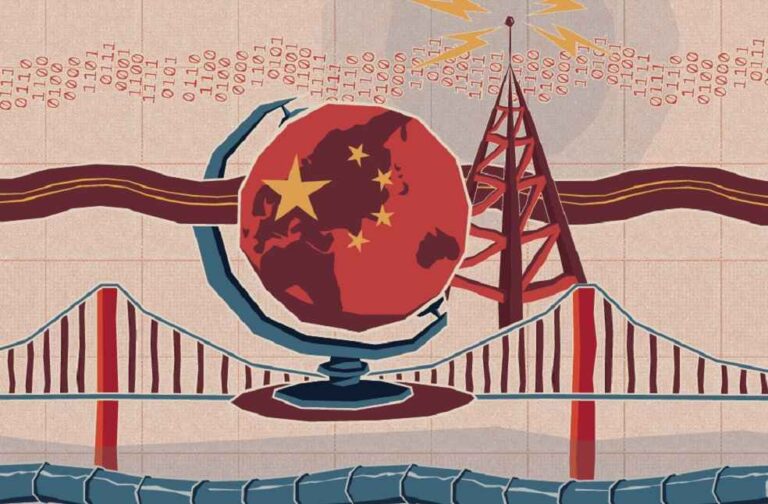China’s Commerce Ministry announced a new layer of export controls targeting antimony, a crucial mineral essential for products ranging from batteries to advanced weaponry. These restrictions, effective September 15, signal a move to safeguard national interests while aligning with international non-proliferation goals.
Antimony’s applications span numerous industries, with significant implications for global supply chains. The mineral’s critical role in the production of flame retardants, night-vision goggles, and nuclear weapons underscores its importance. China, the world’s largest antimony producer, now mandates special licenses for exporting the mineral, with particular focus likely on military-related uses.

This policy shift reflects China’s broader strategy, previously seen with the imposition of controls on gallium and germanium—key elements in computer chips and solar cells. These moves parallel ongoing tensions with the United States, where efforts to limit Chinese access to advanced semiconductor technologies have been met with reciprocal measures.
The United States’ reliance on Chinese antimony highlights a strategic vulnerability. Policymakers express growing concern over supply chain dependencies that could disrupt access to vital materials for defense and technology. The 2021 U.S. International Trade Commission report underscores the mineral’s role in critical applications, raising the stakes for industries dependent on a steady supply.
China’s dominance in antimony production positions it as a gatekeeper in global markets. The new restrictions prompt a scramble to diversify supply sources or enhance domestic output. Given China’s significant market share, alternative options may remain limited, particularly in the near term.

This latest development illustrates the intensifying competition over control of critical minerals, with broader implications for global power dynamics. As resource security becomes increasingly intertwined with national strategy, the potential for conflict over these essential materials grows.
China’s decision serves as a clear signal of its strategic calculus, leveraging control over critical minerals to exert influence on the global stage. For industries reliant on antimony, this move sharpens the focus on the vulnerabilities within interconnected supply chains. The ripple effects of this policy are set to challenge global markets, forcing a reevaluation of resource dependency and resilience strategies.
IMEX SECTOR | U.S. Hikes Lumber Duty on Canada to 14.54%, Escalating Trade Tensions



